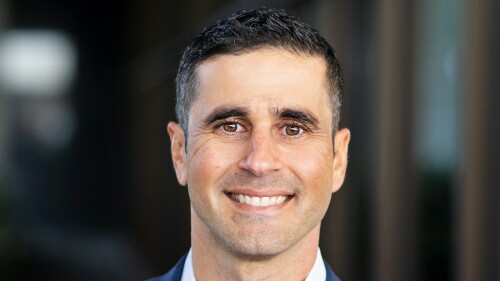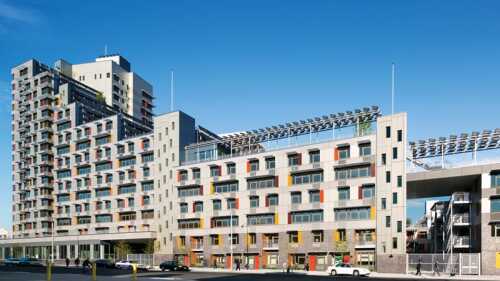What spot is very hot for real estate development?
Answer: Brazil—South America’s largest and most vibrant economy, and currently one of the premier global investment target markets. And the country’s position is expected to strengthen as foreign investors’ interest in Brazil’s real estate sector grows.
“Two-thirds of real estate investors with funds committed to emerging markets in Latin America have earmarked investment dollars for Brazil over the next 12 to 24 months,” says Rogerio Basso, practice leader – Latin America, real estate and hospitality division in the Miami, Florida, office of Ernst & Young LLP, the accounting and consulting firm. “That’s a pretty substantial statement for a country that less than a decade ago was considered high risk due to an unstable economy, hyperinflation, mounting debt, and a volatile currency,” he adds.
Basso notes that Brazil—which will host the 2014 World Cup and the 2016 Olympics—is one of the fastest-growing emerging countries in the world. “The country is observing robust growth, as evidenced by GDP [gross domestic product] gains of 7.5 percent in 2010, and expectations of 4.5 percent this year—substantially outpacing the U.S. Unemployment is also at record lows—6.5 percent as of April, which many economists consider close to full employment.”
The World Cup and the Olympics are serving as the catalysts for investment in numerous infrastructure projects that otherwise would not have been contemplated. These developments are spurring activity in other sectors such as industrial, office, retail, hospitality, and residential. “Right now, several airports are operating close to capacity, there is a lack of roads and sea ports, there is a shortage of high-end hotels across major markets, and office space is at a premium. Income levels are rising and the availability of credit has substantially increased,” says Basso.
Just ask Doug Munro, Brazil managing director at Hines, the private Houston, Texas–based real estate firm. Hines has been the largest industrial developer in Brazil over the last five years. In 2010, the company signed 14 industrial leases totaling more than 2.4 million square feet (222,967 sq m) in new developments in Brazil—more than half of all Class A warehouse space leased in the entire country.
“A rapidly expanding consumer class has created significant needs for industrial/logistics facilities,” says Munro. “Our distribution park platform is poised to meet this growing real estate niche.”
The enthusiasm for real estate in Brazil is high thanks to a shortage of product. In the country’s business capital, Sao Paulo, office space vacancy is at a record low of 3.8 percent. “Given that the available space is highly fragmented, these figures represent almost zero vacancy,” says Basso. “As such, lease rates have been steadily increasing, as Class A office rents have grown an average of 10 percent a year since 2006.”
In the first quarter of this year, hotel occupancy rose 5.5 percent, according to Smith Travel Research. “There is still a need for more quality lodging inventory, because there is no evidence that the development pipeline is sufficient to satisfy the growing leisure and corporate demand,” says Basso.
Companies thinking of tapping into the vast Brazilian real estate market should be cautious, however. “People must understand the positives as well as the challenges,” says Basso. “You don’t want to invest blindly, just because the market appears exciting. It’s important to identify local partners who share similar return expectations, exit strategies, and governance.”
Among other suggestions:
- Know your market. In a country as expansive as Brazil, market fundamentals across geographies can change significantly; take a microscopic look at the market you seek to enter.
- Develop an exit strategy beforehand. “How will you get out of your development if you have to?” asks Basso. “Brazil is on a positive path, but it is not immune to market trepidations. It is advisable to work out a Plan B or even a Plan C before even starting.”




